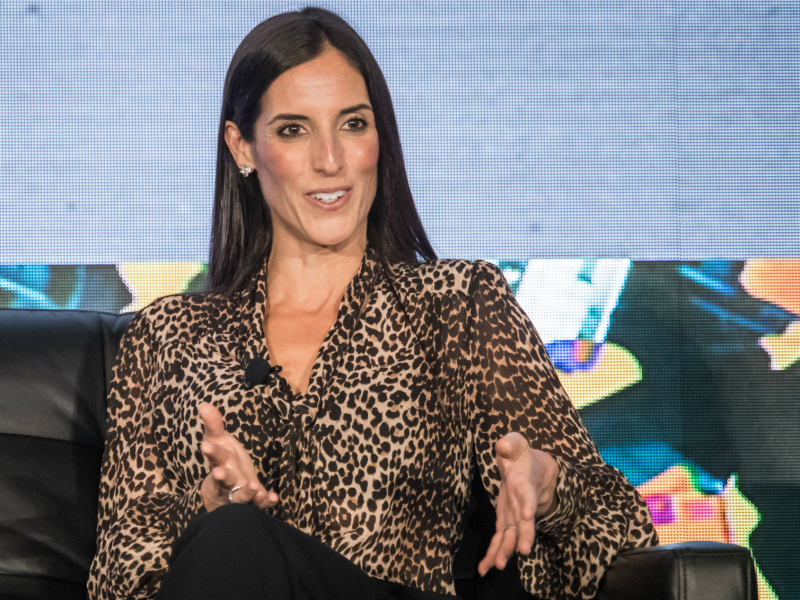Aarti Shah 24 Oct 2018 // 10:16PM GMT

WASHINGTON, DC — With brand purpose emerging as a clear theme at this year’s PRovoke18 Global Public Relations Summit, the “Culture Collision” session explored how purpose looks inside of an organization and its ultimate impact on a company’s external reputation with speakers from Levi Strauss, Salesforce and Weber Shandwick.
Weber Shandwick’s employee engagement EVP Sarah Jensen Clayton shared data that illustrated how companies with a strong sense of identity and purpose “don’t just let culture happen but define, design and nurture it.”
While Levi’s has a track record of taking a stand on issues, the iconic American jeans company incited some controversy when taking sides on the gun control conversation recently. Elizabeth Owen, the company’s head of employee communications, said this emerged as an issue in 2016 when retail employees in open-carry states expressed concern about the rise of active shooter emergencies in the United States.
“Employees were asking questions, so we decided to take a stand,” said Owen. “[CEO Chip Bergh] made a request not to bring guns to stores because you don’t need a weapon to try on a pair of pants. And people feel quite strongly about gun ownership, but this was about employee safety.”
When Bergh joined in 2011, his plan to push the company back towards growth involved putting its values — originality, integrity, empathy and courage — at the forefront, encapsulated in the company mantra of “profits through principles.”
“It’s in the language of how people talk at work,” Owen noted.
Gina Sheibley, Salesforce SVP of global communications, added that Salesforce CEO Marc Benioff took a stand around LGBTQ rights in 2015, in part, because employee discomfort with the discriminatory laws in Indiana and Georgia. Now Benioff has taken a lead on the homeless epidemic in San Francisco.
“Our co-founders were deliberate about the culture,” Sheibley said. “They baked philanthropy into the business model.”
Both Owen and Sheibley noted the impact of having strong cultures on recruiting and retention, especially in San Francisco’s hyper-competitive talent market. “When I ask a person who I’m interviewing for a job what they’re drawn to — people say they are drawn to the culture. It’s a huge competitive advantage for us,” Sheibley said.
“There’s a lot of uncertainty and people want to be a part of something bigger than themselves,” added Owen.
Weber Shandwick’s Leslie Gaines-Ross noted the gravitation towards purpose emerged in the aftermath of the Great Recession, while CEOs were taking a lower profile, many realized that a company’s culture couldn’t be imitated or stolen. Now there’s pressure on CEOs to follow this with actions.
“A lot of Americans say CEOs need to defend their company values,” Gaines-Ross said.
Weber Shandwick sponsored the session.


































.jpg)




.tmb-135x100.jpg)












